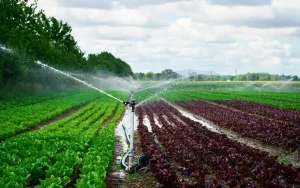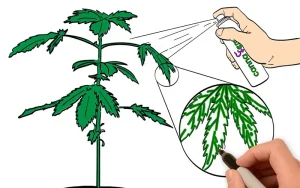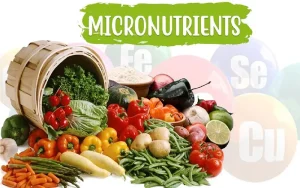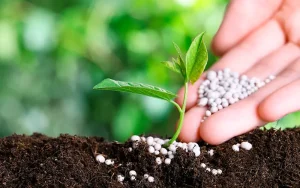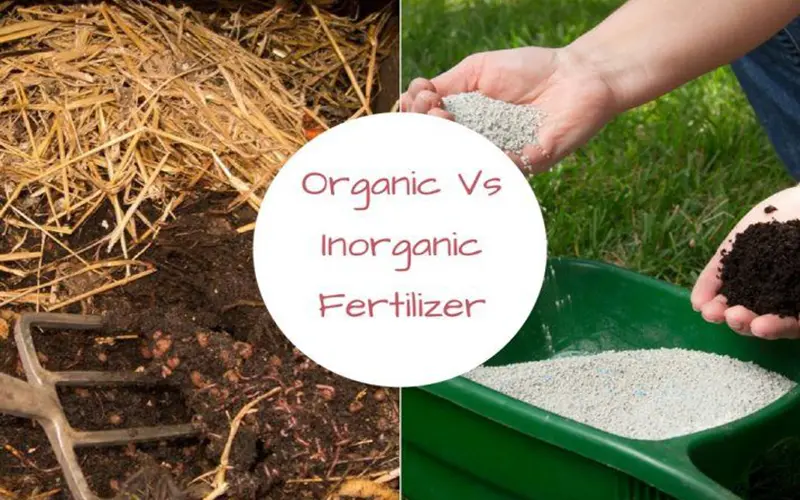When it comes to nourishing plants and boosting crop yields, farmers and gardeners often face a key decision: Organic vs. Chemical Fertilizers.
Both types of fertilizers provide essential nutrients, but they do so in different ways, with varying effects on the soil, environment, and long-term crop health. Understanding the pros and cons of each helps you make informed choices based on your farming goals and values.
What Are Organic Fertilizers?
Organic fertilizers are derived from natural sources such as compost, manure, bone meal, and plant residues. They improve soil structure and add organic matter while slowly releasing nutrients. In the debate of Organic vs. Chemical Fertilizers, organic options are often praised for their environmental benefits and soil-enhancing properties.
Pros:
- Improve soil health over time
- Safer for the environment and beneficial soil organisms
- Lower risk of over-fertilization or plant burn
Cons:
- Slower nutrient release
- May require more volume to achieve the same results
- Nutrient content can vary between batches
Recommended Products: CK NPK Complex Fertilizers
What Are Chemical Fertilizers?
Chemical (or synthetic) fertilizers are manufactured using industrial processes. They contain concentrated amounts of essential nutrients like nitrogen (N), phosphorus (P), and potassium (K) in precise ratios. In comparing Organic vs. Chemical Fertilizers, chemical products offer speed and consistency.
Pros:
- Fast-acting and highly effective
- Easy to measure and apply
- Readily available in various formulations
Cons:
- Can degrade soil quality with long-term use
- Higher risk of runoff and environmental pollution
- May harm soil microbes and structure
Impact on Soil and Environment
A major factor in the Organic vs. Chemical Fertilizers discussion is the long-term impact on soil and ecosystems. Organic fertilizers enhance biodiversity and improve water retention, while chemical fertilizers can lead to salt buildup and nutrient leaching if misused. Choosing the right fertilizer depends not only on short-term yield goals but also on the long-term health of your land.
Recommended Products: Unique Fertilizers
Cost and Availability
From a cost perspective, chemical fertilizers may seem more economical due to their potency and widespread availability. However, when evaluating Organic vs. Chemical Fertilizers, it’s important to consider hidden costs such as environmental cleanup and reduced soil fertility. Organic fertilizers may cost more upfront but can reduce the need for soil amendments over time.
Which Should You Choose?
The right choice between Organic vs. Chemical Fertilizers depends on your specific needs:
- Use organic fertilizers if you prioritize sustainability, soil health, and long-term productivity.
- Use chemical fertilizers if you need fast results or precise control over nutrient delivery—especially for commercial-scale operations.
Many modern farmers adopt a blended approach, combining the strengths of both systems.
Nutrient Availability and Absorption
In the Organic vs. Chemical Fertilizers comparison, nutrient availability is a major factor. Chemical fertilizers offer immediate nutrient release, making them ideal for quick plant growth. Organic fertilizers, on the other hand, release nutrients slowly, which supports long-term soil fertility but may not meet urgent crop demands. Balancing quick needs with sustained health is key.
Storage and Shelf Life
Chemical fertilizers have a longer shelf life and are easier to store due to their dry, uniform composition. In contrast, organic fertilizers like compost or manure may decompose over time, attract pests, or require more space. These practical considerations influence the choice in the Organic vs. Chemical Fertilizers decision, especially for small or resource-limited farms.
Regulatory and Certification Impact
For farmers pursuing organic certification, using chemical fertilizers is not allowed. This makes Organic vs. Chemical Fertilizers not just a technical decision, but a legal one. Organic fertilizers align with organic farming standards and eco-labeling, which can also increase the market value of crops in certain markets.
For further reading, check out:
Conclusion
The debate between Organic vs. Chemical Fertilizers isn’t about choosing a winner—it’s about understanding the trade-offs. Each has clear advantages and limitations. By assessing your crop type, soil condition, and environmental goals, you can select a fertilization strategy that aligns with both your productivity targets and your values.
FAQs
1. Which is better for long-term soil health: organic or chemical fertilizer?
Organic fertilizers are better for long-term soil health because they improve soil structure, increase microbial activity, and add organic matter.
2. Can I use both organic and chemical fertilizers together?
Yes. Many farmers use a combined approach to get the fast results of chemical fertilizers and the soil benefits of organic ones.
3. Do organic fertilizers work as quickly as chemical fertilizers?
No. Organic fertilizers release nutrients slowly over time, while chemical fertilizers act faster but may not improve soil in the long run.



